TikTok Shop Launches in Japan Following its Expansion Strategy
TikTok officially launched TikTok Shop in Japan on June 30, rolling out its in-app eCommerce experience to
Have you ever skipped a product because of the bad quality or unavailability of the images? It’s because images create a long-lasting impression that encourages the customers to take an efficient purchasing decision. The practice of image optimization creates a strong impression which is essential to stand out and draw the attention of your target audience.
When it comes to Amazon and its product listings, the product and alternate images become a lot more important. The high-quality images along with radiant infographics not only inform the customers about the product but also drives sales.
Additionally, Amazon’s A9 algorithm integrates the CTR (Click Through Rate) and CR (Conversion Rate) criteria. In other words, the number of times your product is clicked and purchased, the higher will be the chances of your product listings ranking on top. A major key role is played by images, as the product has a higher number of clicks only when the images are strikingly impressive.
Each element on this planet has its technical requirements which should be taken into consideration. Likewise, Amazon focuses more on the technical part, therefore, try to fulfill the technical requirements for the images listed by Amazon. Here’s a list that you might want to consider:
The Amazon Image size should be 1600 pixels on a single side. The minimum image dimension for the longest side is 500 pixels and for maximal its 10,000 pixels. So you need to exhibit in the range of 500 pixels to 10,000 pixels.
Amazon suggests using a 1:1 square image with dimensions being 2000*2000. Furthermore, Amazon allows for a maximum zoom-in, that is, images in a 5:1 ratio.
The Product image should fill 85% of the available frame. Therefore, if the images fill 100% or 50% of the frame, they will be rejected.
The Amazon product images should be placed and clicked on a pure white background.
Amazon uses sRGB (Standard Red, Green, Blue) and CMYK (Cyan, Magenta, Yellow, and Key Black).
You can use JPEG, PNG, GIF, or TIFF files. JPEG is the most preferred one for Amazon Images. The maximum file size for each image must 10MB.
Every product you see on Amazon has one or more product pictures. The Main/Primary image is the one you see when you search for a particular product. It is the first image through which you recognize the product.
There are several guidelines to keep in mind before revealing the actual product primary images. Let’s have a look at them.
Apart from the guidelines, there are various key pointers you need to keep in mind for better optimization.
Alternative images are the additional images your product displays to offer further information on the product. There is a list of standards that every Amazon seller should follow for alternative images.
Here’s what you need to remember-
There are several practices that you need to avoid to magnify the essence of your alternative images. Some of them are-
Why does a product of the same category displays on the top search and another one on the next pages? It’s because of the compelling and radiant product and alternative images that a product exhibits. Image Optimization is improving and providing the customers with high-quality keeping in mind the ideal size, resolution, and other guidelines. The stage of Image Optimization provides a check of whether the product listing with its images can hit the top searches or not.
The various elements of the images should be optimized for higher visibility and therefore ranking. The elements also depend on the category of the product and the users. Some of the standard elements that should be necessarily optimized are introduced below.
Providing quality Amazon images to the users should be the motive. Keep in mind and strictly follow the product image guidelines. You can add up to eight additional images for your product. Make sure to keep your images of high resolution to enable the zoom feature.
Display the images along with their elements used in different scenarios. Exhibit different angles and closeup of the product. Also, inform the customer about its packaging and its components.
The videos provide the customers a glimpse of the product and educate them about its usefulness. Include ‘how to use’ and ‘unboxing’ videos to closely engage with the customers. Including images in the videos from different angles will provide the customers with a deep understanding of the product
Image Optimization is a lengthy process involving varied factors that contribute to better optimization. Images guidelines are important but for that first, you need to understand the requirements of product photography.
Just clicking a photo on a white background isn’t enough. There are various ways through which can be used to improve the quality and essence being conveyed to the users. Let’s get started.
Images help your customers in making a purchase decision and therefore making you rank higher in the searches.
Images decide whether you will land on page 1 or page 10 on the searches. Here are some best practices that you can inculcate for Image Optimization.
Emphasize the product and follow the Amazon image guidelines. Take advantage of the magic of white background by including closeups and different viewpoints.
Infuse every space on the frame with relevant content and images. Do not overstuff but instead include infographics, videos, lifestyle images with context.
Title, bullets, and features are very crucial for indexing and ranking on the searches. Highlight the bullets in your images, infographics, and A+ content.
Add various images which provide the customer a 360-degree view of the product. Also, enable the maximum zoom limit so that the customer can even see the thread of the product for a better experience.
It is very easy to skip the spell check and move forward. It looks unprofessional when there are grammatical errors in your images or product listings.
Keep in mind these expert seller tips and you will be able to optimize and rank your product listings on top searches.
Illustrate the size ratios by placing another product to show how wide or tall it is. For example- In mobile phones, tablets you generally see the thickness or thinness of the product. This is helpful as it influences the purchase decision.
Display the unique features of the product that makes it distinctive. Include the features in different formats like videos, infographics, images, and additional images.
Displaying the products in real-time environment backgrounds is an excellent trick. This enhances the usage and quality which attracts the customers.
Your images can play a crucial part in scaling up your product listings. Take out time to curate a plan for image optimization, this will help you in creating enticing visuals. High-quality images will directly benefit you as they will increase your CTR (Click Through Rate) and hence conversions. The finest images attract more customers, thereby making your product a must-buy.
“Be stubborn on vision but flexible on details”- Jeff Bezos.
Which practices do you refer to enhance your listings and images? Share your thoughts within the comment section below.

TikTok officially launched TikTok Shop in Japan on June 30, rolling out its in-app eCommerce experience to

The TikTok Takeover: From Lip Syncs to Checkout Clicks A few years ago, TikTok was
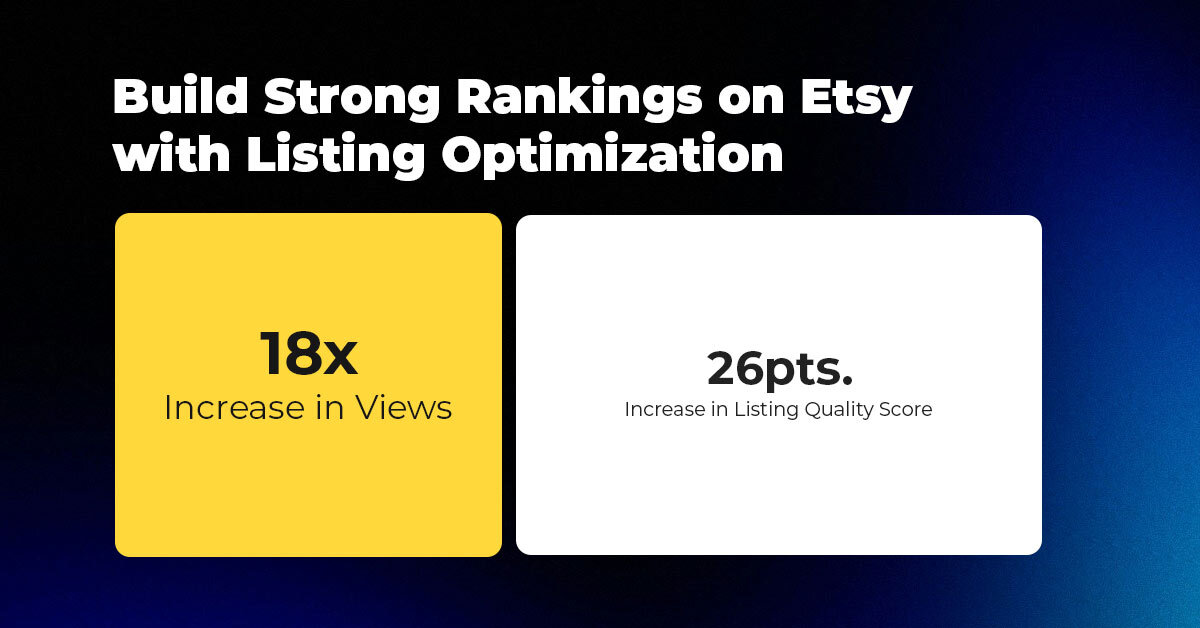
About the Client Shop Name: CrystalHealStore Marketplace: Etsy Focus: Bohemian & Ayurvedic-Inspired Fashion Location: Global
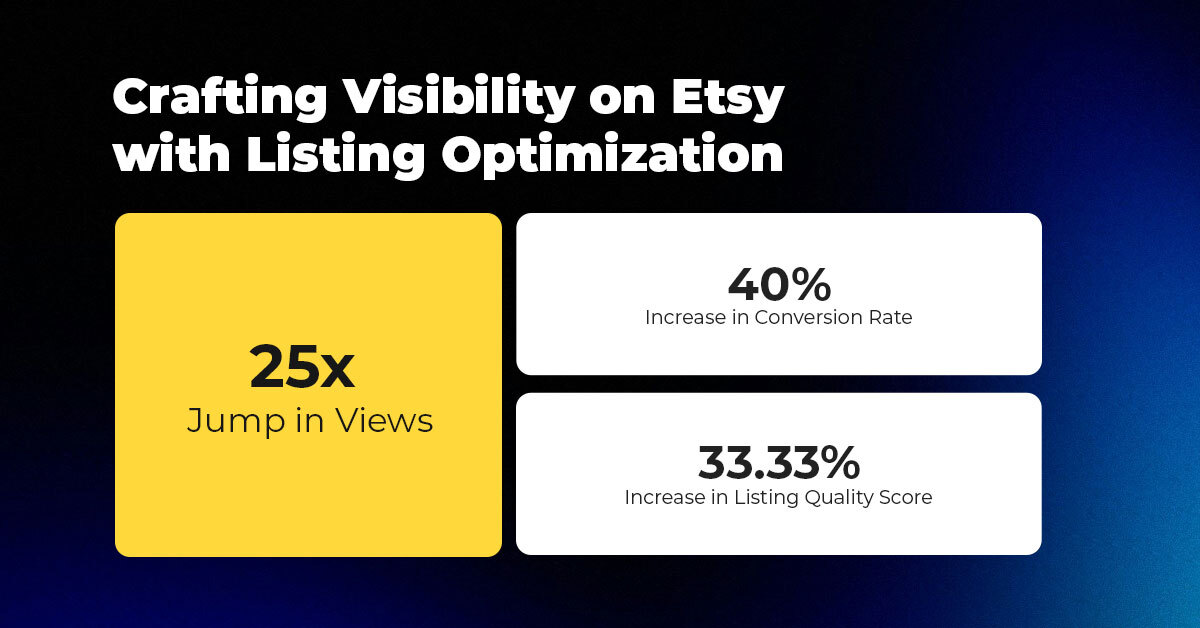
About the Client Shop Name: PinwheelCraftsStore Marketplace: Etsy Focus: DIY Craft Kits for Kids Location:

It just took one Black Friday crash for Gymshark to realize their growth had outpaced
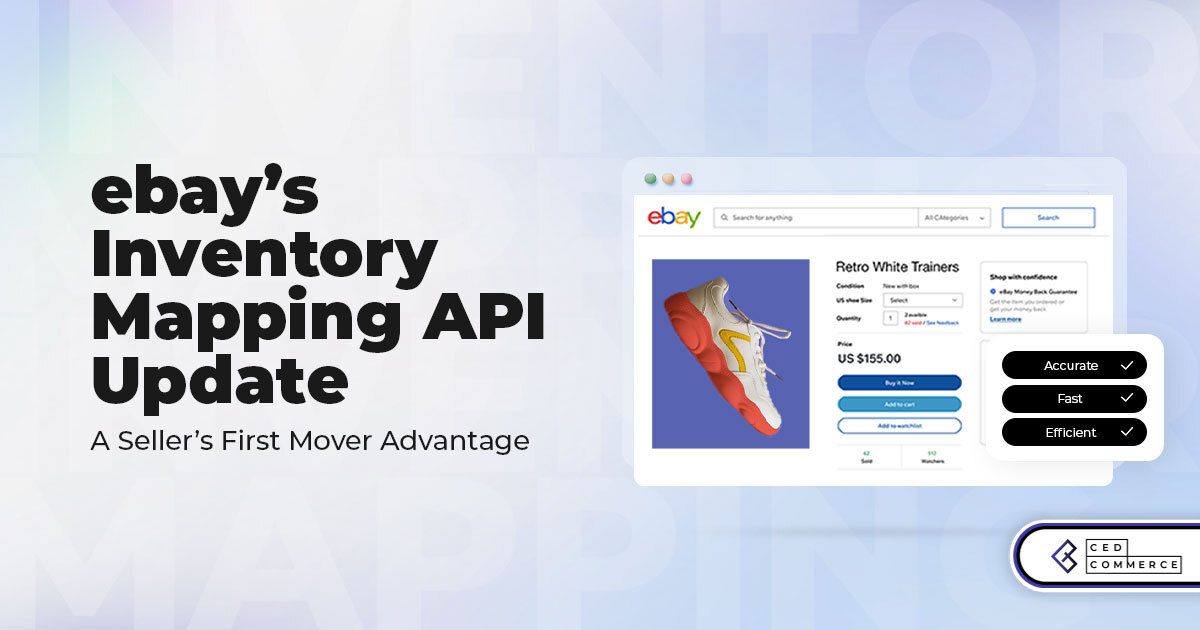
It takes on average 5 to 10 minutes to list a single product on the
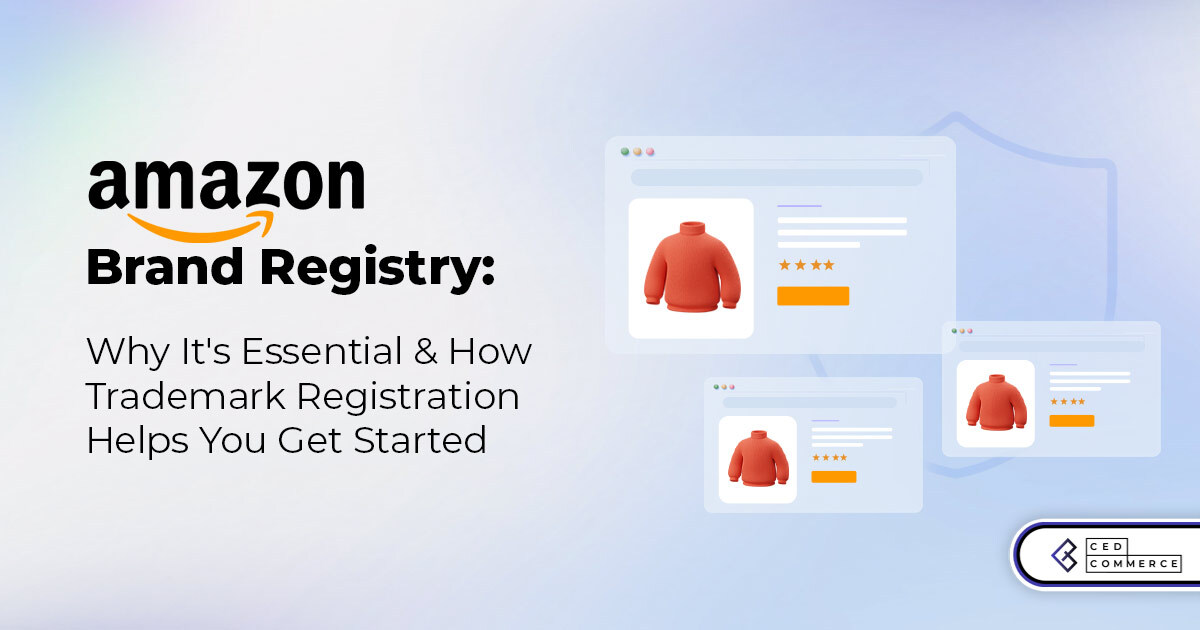
With millions of sellers on Amazon, protecting your brand has never been more important. Counterfeit
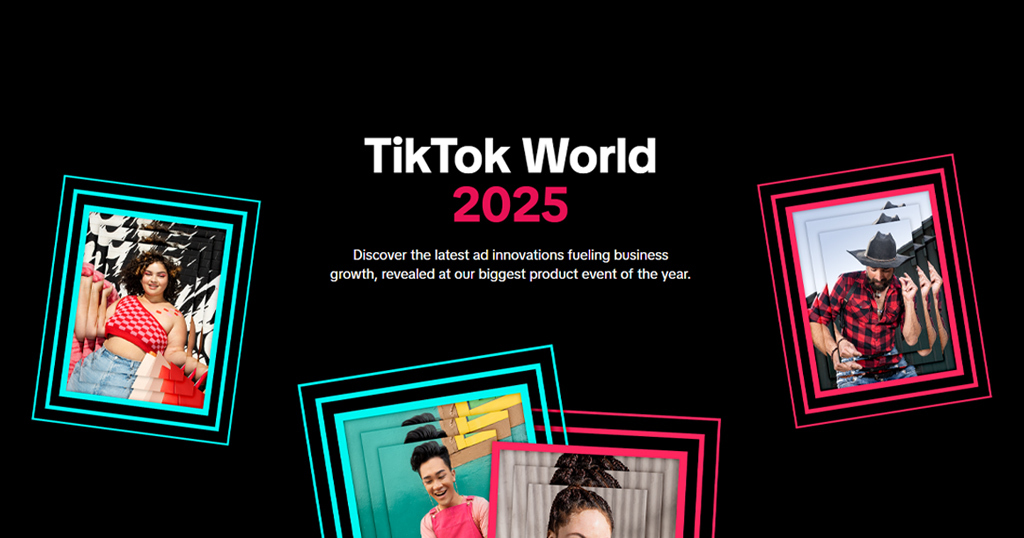
TikTok isn’t just setting trends anymore — it’s rewriting the playbook for performance marketing, creative

In a significant development for online retailers, Walmart has officially updated its policies to permit
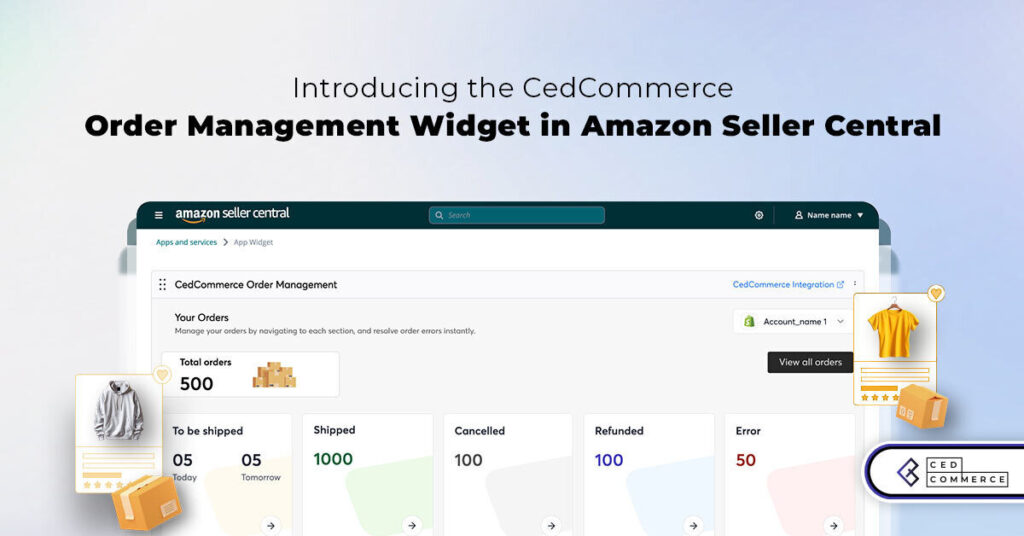
Are you encountering issues with Amazon order management across various sales channels? If so, everyday
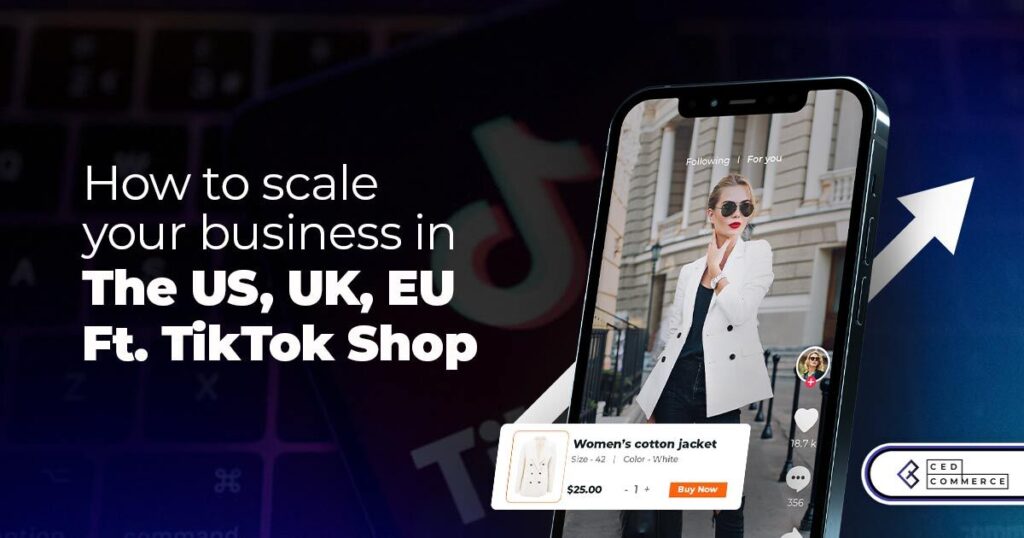
A Deep Dive into Selling Smart on TikTok Shop UK, TikTok Shop US, and TikTok

In a world where cross-border commerce fuels eCommerce growth, tariffs are no longer just policy

In the world of eCommerce, visibility is everything—and Walmart Marketplace is no exception. With thousands
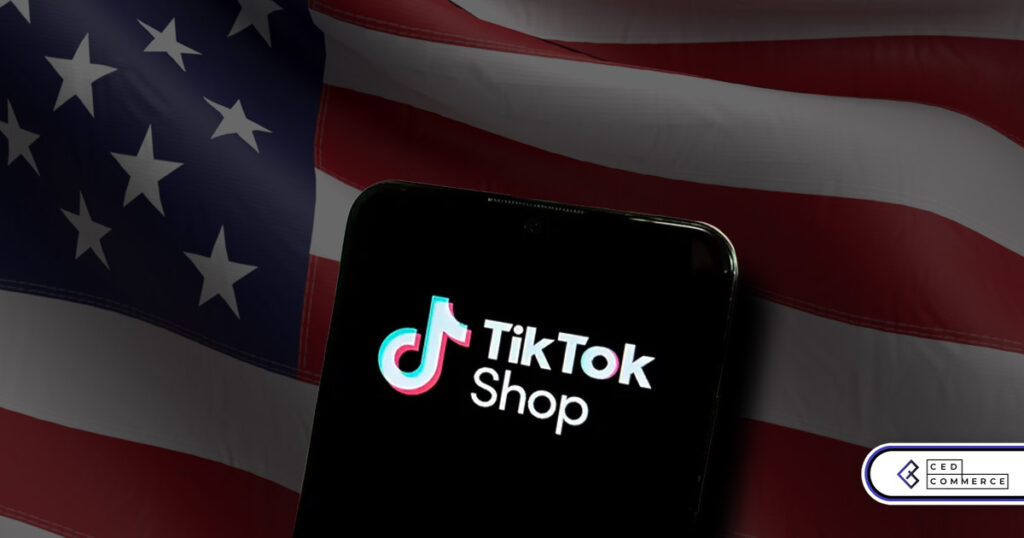
In what comes as a major relief for TikTok and its millions of users in
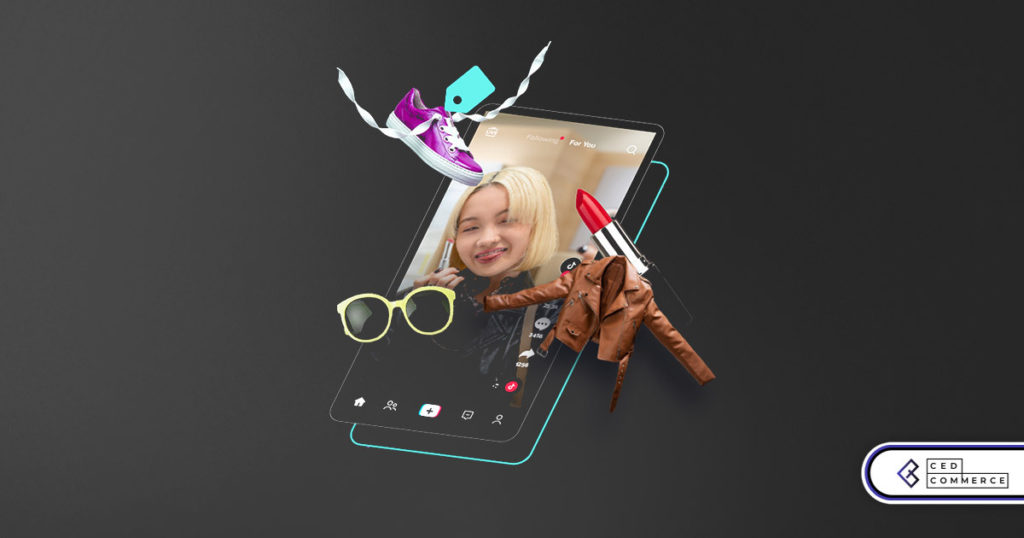
In a move aimed at enhancing product quality and boosting buyer confidence, TikTok Shop has

Selling on Amazon offers immense opportunities, but one of the most crucial decisions sellers face
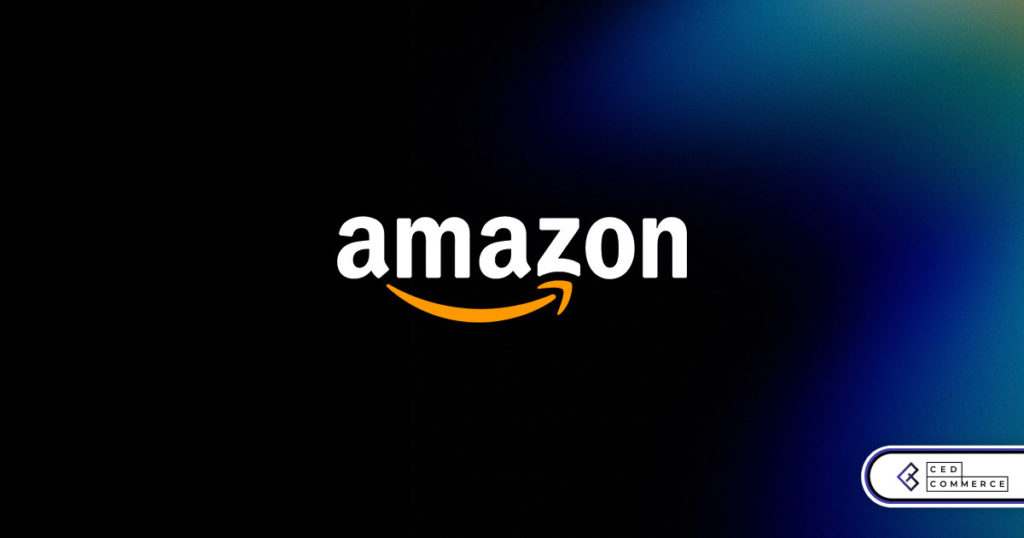
Amazon is doubling down on AI-driven selling tools, introducing a new AI-generated product enrichment pilot
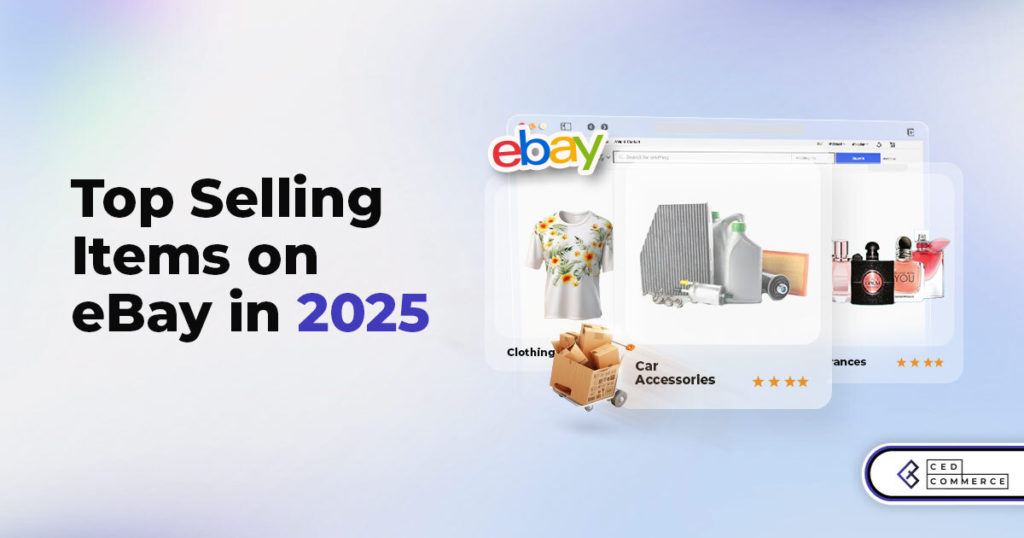
With over 17.6 million sellers on eBay marketplace, cracking the code behind the top selling
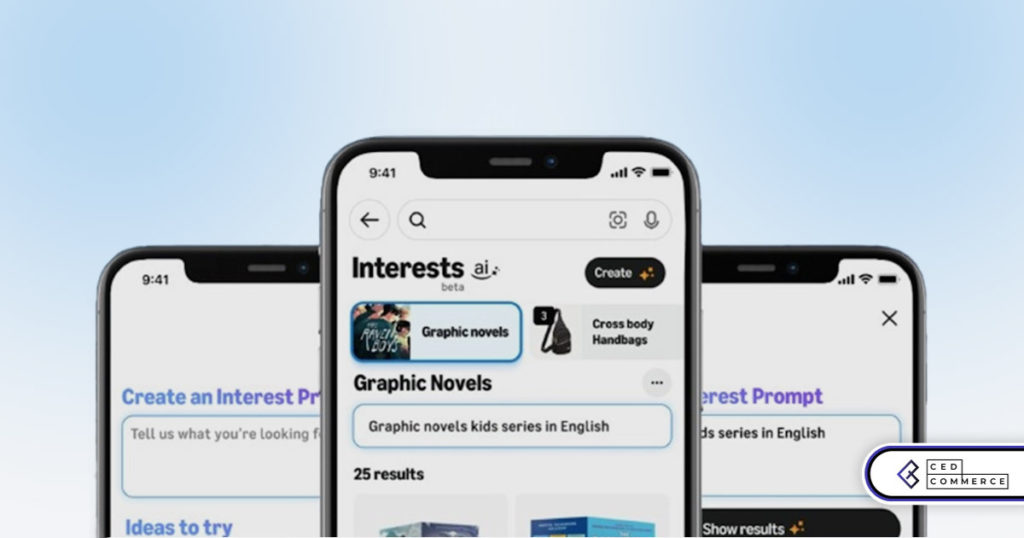
Amazon is doubling down on artificial intelligence, introducing the AI-powered ‘Interests’ feature that automatically finds
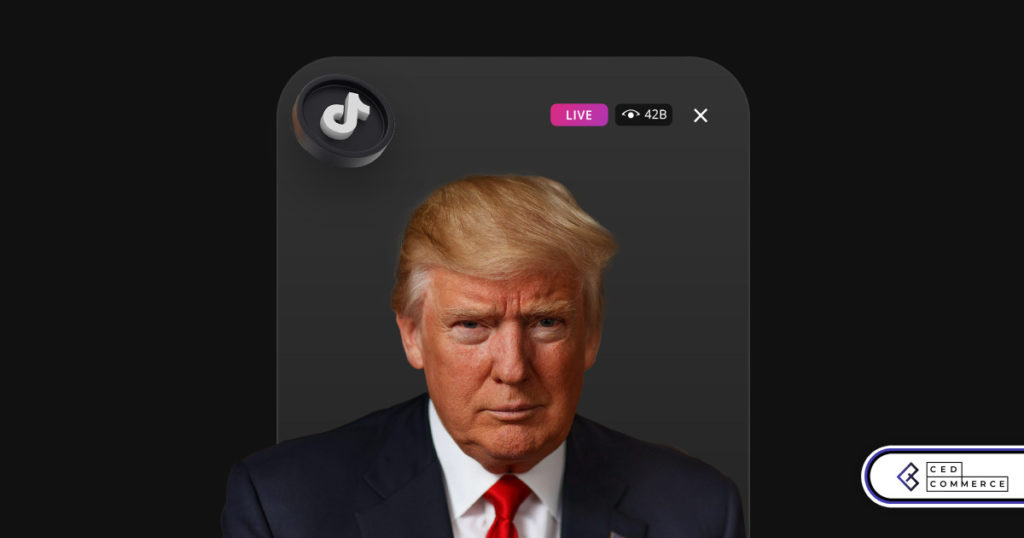
U.S. President Donald Trump has hinted that a TikTok deal is on track before the